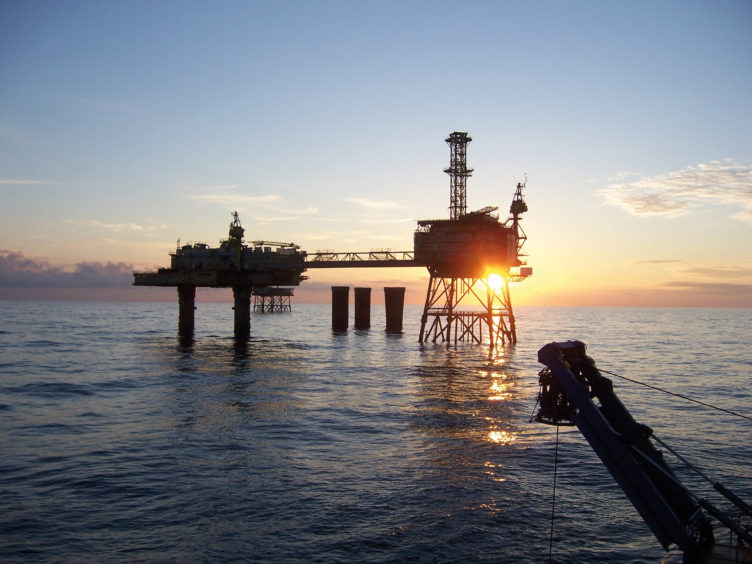
Widespread decommissioning deferrals could lead to a “wave of idle iron” in the UK and globally as companies rush to preserve cash and potentially shut down uneconomic oil platforms, according to new analysis.
Boston Consulting Group (BCG) has predicted a potential surge in accelerated shutdowns over the next three years if oil prices stay depressed around $30, but operators may also delay planned spending to take assets apart as they try to save money.
This, combined with constraints as a result the downturn leading to less skilled labour to carry out the work, would lead to assets being left idle, “ultimately increasing costs, risks and external scrutiny”.
BCG said if prices persist, the global decom backlog could increase by “100 assets, 1 million tonnes of facilities and 1,000 wells” as decom spend is deferred and more than 1 million daily barrels could become uneconomic across 350 assets globally.
The analysis suggests operators could cut decom spend by 30-60% in the next three years, which would later see the industry “decommissioning older and lower-integrity facilities with potentially less experienced crews, longer and more cost-intensive methods and inflated contractor costs”.
Some post-cessation of production (CoP) costs could surge up to 10-fold due to delays to making facilities and wells hydrocarbon-free.
Meanwhile integrity degradation may need more complex plugging and abandonment costs, with just one additional day costing at least $200k for a large removal vessel, BCG said.
These extra days will also have knock-on effect in increasing emissions.
If suppliers cannot retain their workforce then there will be less experience to benefit from, while those who do survive the downturn will increase costs, BCG said.
Earlier this month, industry body Decom North Sea (DNS) warned that the sweeping job cuts of the downturn would affect the “capacity and capability” of UK decommissioning.
As it currently stands, around $100bn (£80billion) is expected to be spent globally on decommissioning through to 2030, with more than a third in the UK (£26.6bn), according to BCG.
Report authors Philip Whittaker and Martha Vasquez said the ultimate result of the deferrals may be that some countries fail to meet their decom reduction targets.
They said: “These deferrals and accelerated CoPs will likely create a wave of idle iron in many basins – and increase costs and risks.
“While the drivers of these de While the drivers of these deferrals are understandable, they need to be balanced with the higher scrutiny from regulators – and potentially from the broader society – that is likely to emerge.”
In 2017, the Oil and Gas Authority set a challenge for the industry to reduce total decom costs of £59.7bn by 35% or more, and in July last year the regulator announced a 17% reduction had been reached.
OGUK
Industry body Oil and Gas UK (OGUK) has noted a “general trend” of reduction in the short term for decom activity and that a steady workload for the supply chain is “essential”.
Decommissioning manager Joe Leask said it was also crucial that infrastructure is not removed too quickly as it could be used for low-carbon industries such as carbon capture and storage.
He added: “While there are operators, particularly in the Southern North Sea, who are continuing with ongoing projects, the general trend is a reduction in activity in the short term.
“As we emerge from the Covid lockdown it is important that OGUK works with its members to stimulate activity across industry, including ensuring some decommissioning activity originally earmarked for 2020 and 2021 can carry on.”
